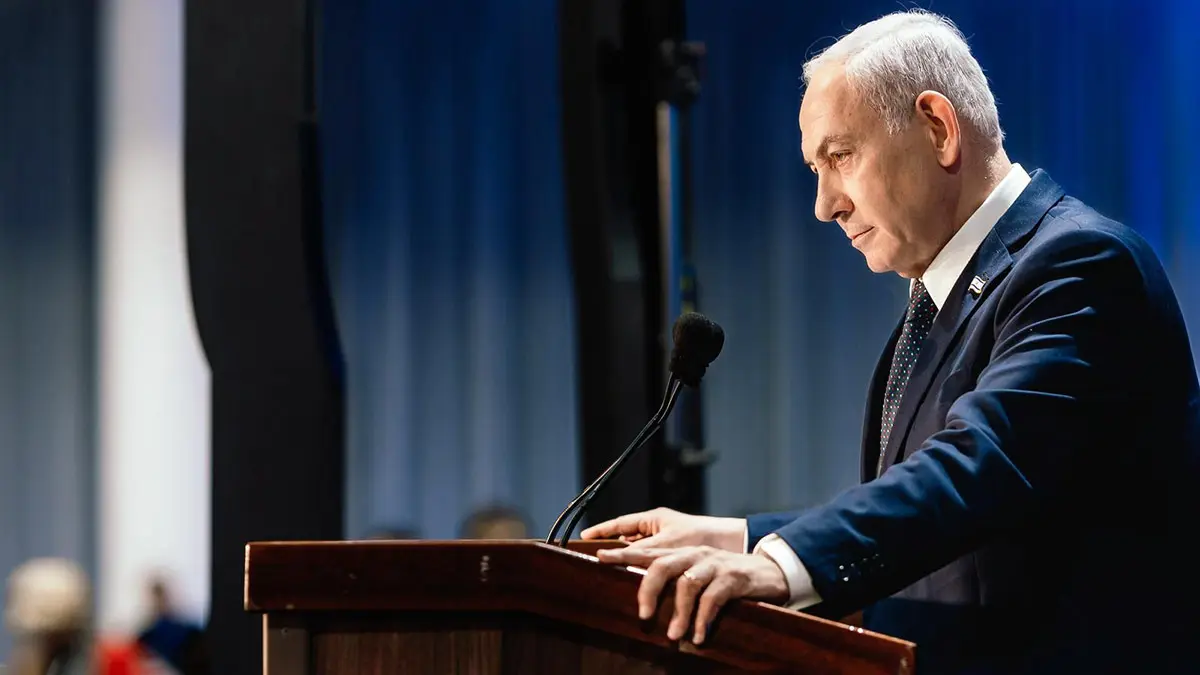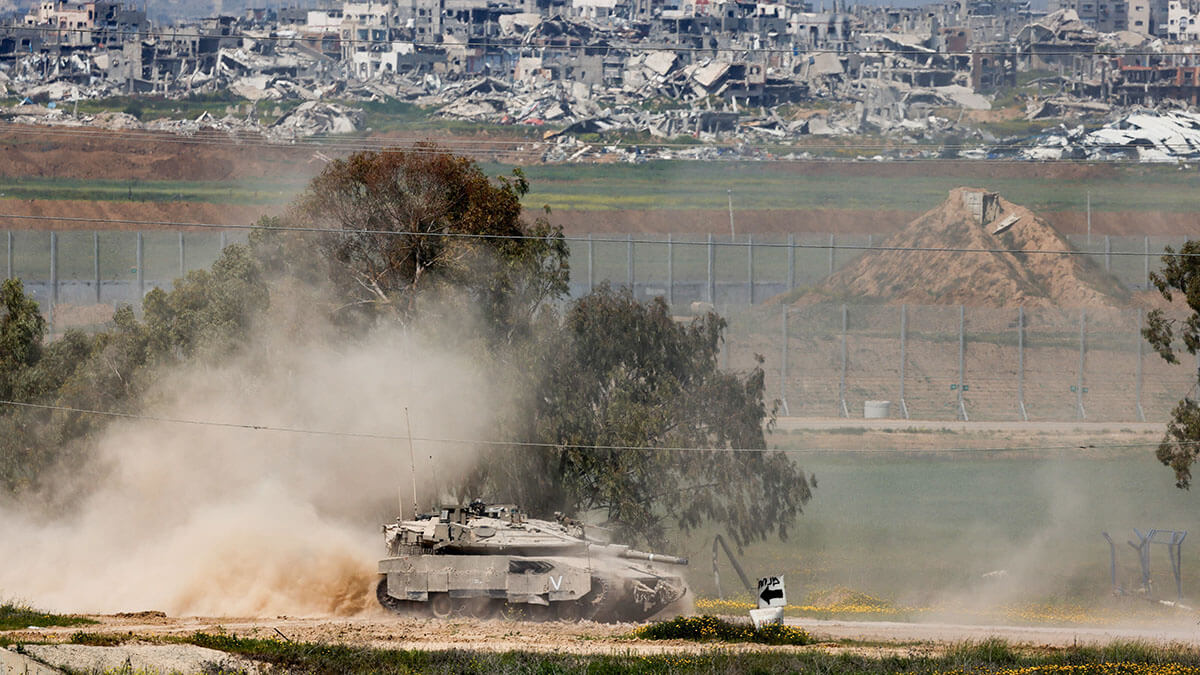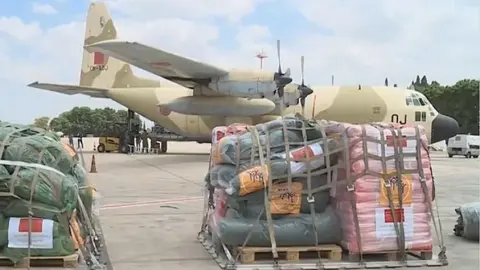Israel's Security Cabinet approves Netanyahu's Gaza control plan

After a ten-hour meeting, Israel's Security Cabinet approved the Benjamin Netanyahu's plan for military control of the Gaza Strip, which will begin in the northern city of Gaza with the displacement of one million Palestinians, ultimately leading to control of the entire Strip.
According to the official statement from the Prime Minister's Office, the Israeli government announced that ‘the Israel Defence Forces (IDF) will prepare to take control of Gaza City while providing humanitarian aid to the civilian population outside the combat zones’.
According to the official statement, Israel has established certain ‘principles’ for ending the war in Gaza, for which no ceasefire agreement has yet been reached despite indirect negotiations in Qatar, mediated by Qatar itself, the United States and Egypt.

The ‘principles’ envisaged by the Israeli government are: the disarmament of Hamas, the return of all hostages, both alive and dead, the demilitarisation of the Gaza Strip, Israeli security control over the Gaza Strip and the existence of an alternative civilian government not led by Hamas or the Palestinian National Authority.
The plan thus provides for control of the Strip, not annexation, and the handover of its government to an Arab entity yet to be determined, without the participation of the Palestinian extremist group Hamas or the Palestinian National Authority, which could make any subsequent negotiations with Hamas extremely difficult.
This initiative envisages a timeframe of several months and does not specify the time needed to take control of the Gaza territory.
‘To ensure our security, we intend to remove Hamas from there, allow the people of Gaza to be liberated and hand it over to a civilian government; that is not Hamas or anyone who promotes the destruction of Israel,’ Benjamin Netanyahu told the US network Fox News.

The Israeli Prime Minister himself had reached a peace agreement with the United States with a 60-day deadline imposed on Hamas, but the Palestinian extremist group, which continues to want to maintain control of the Gaza Strip and demands the total withdrawal of the Israeli army from Gaza, could not be convinced.
Meanwhile, the Israeli state is counting on the total elimination of Hamas in all spheres, both military and political, so that the Gaza Strip can be governed democratically by a civilian government.
The Gaza war thus continues without a ceasefire agreement for the time being. The conflict began as an Israeli response to the terrible attacks carried out by Hamas on Israeli territory on 7 October 2023, which left around 1,200 people dead and around 250 kidnapped.
The Israeli army's military response is also leaving a trail of significant destruction in the Gaza Strip, both material and human, with tens of thousands of victims.
In recent months, only isolated agreements have been reached on the exchange of Israeli hostages for Palestinian prisoners and on procedures for delivering humanitarian aid to the Strip for a population suffering from extremely harsh living conditions.










